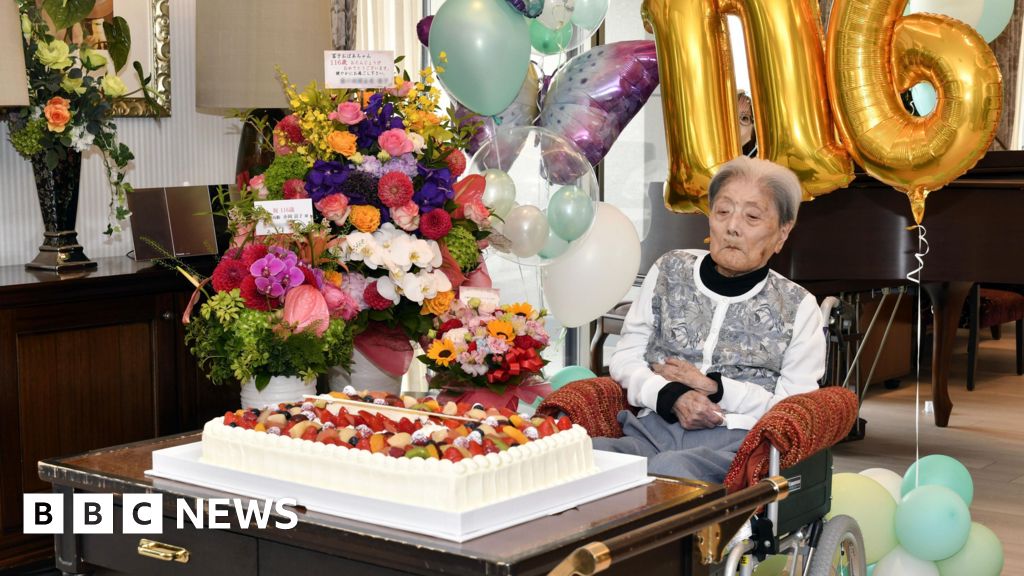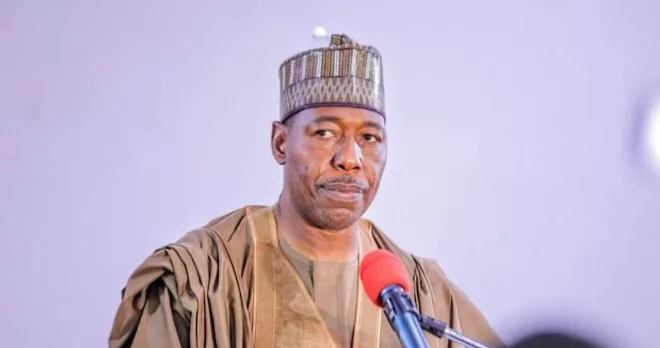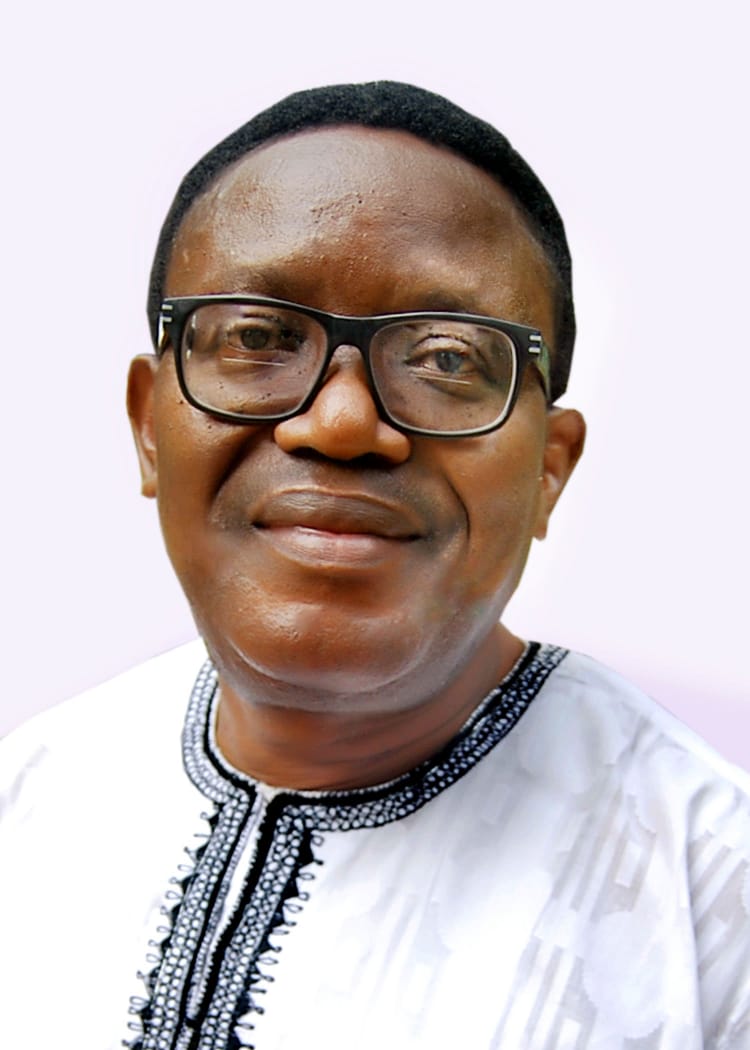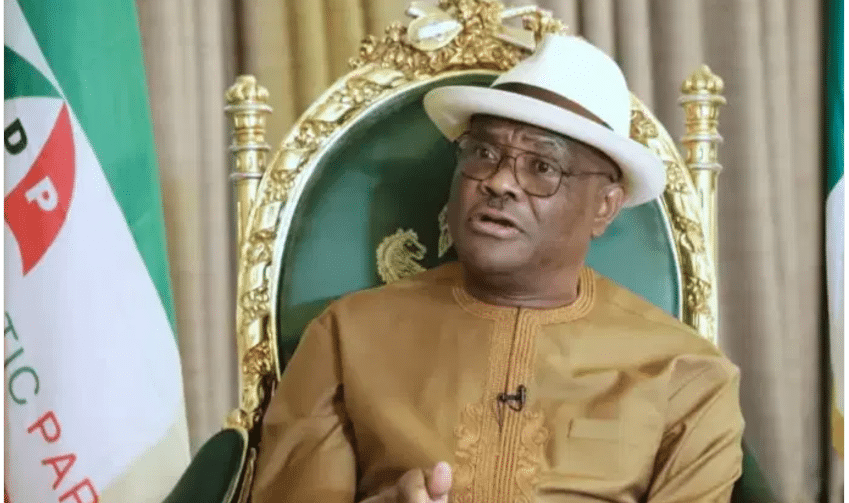Nephrologists have decried the rise in cases of kidney diseases among young adults in the country, disclosing that the prevalence was more in the elderly in developed countries.
They pinned the rise on the abuse of painkillers and herbs which caused them to come down with glomerulonephritis, a disease that damages the filters in the kidney that remove waste from the body.
They noted that while glomerulonephritis could also be caused by infection, the abuse of herbs and pain relievers, commonly practised among youths and blue-collar workers was responsible.
Findings from several research works reveal that the abuse of pain relievers was common among youths in the country.
Paracetamol and tramadol were the most abused painkillers in the country.
On his part, the President of the Nigeria Association of Nephrology, Professor Jacob Awobusuyi, emphasised that since youths belonged to the productive age group, they could not be sidelined, stating that the management of the condition through dialysis was necessary.
Dialysis is a treatment for people whose kidneys are failing. The dialysis machine does the work of the kidneys by removing waste products and excess fluid from the blood.
Awobusuyi said, “We believe that the majority of them have what we call Glomerulonephritis. Maybe as a result of the infection that is prevalent in our society or for whatever cause. Some of it might be related to a lot of abuse of herbs, and abuse of analgesics, especially by manual workers. Some might be as a result of hypertension, but hypertension is usually found in the older age group as well as diabetes.
“We know that something is happening in our society now, we believe it’s partly because of the glomerular disease that is also very common. But the truth is, we see patients on dialysis, commonly in their thirties and forties, whereas abroad, most of the patients are in their sixties and seventies. But the epidemiology of end-stage kidney disease in terms of age is different as compared with Western countries. We see younger patients, while they see older patients.”
In an earlier interview with PUNCH Healthwise, the NAN president stated that due to the cost of dialysis, many patients do not adhere to the thrice-a-week standard prescription for the procedure.
“A standard prescription is three times a week for local maintenance dialysis. But the majority of the patients only go twice a week, many go once a week. So, they are being under dialysis and this is responsible for the reduction in the lifespan of those who are on dialysis.
“Many of them, almost 60-70 per cent of them, die within the first year of dialysis. Many of them get admitted to the hospital for various kinds of complications that are preventable if they have been on dialysis regularly. So, those are the major implications of being under dialysis,” the don said.
PUNCH Healthwise reported that out of the 28 general hospitals in Lagos State, Nigeria’s commercial capital, only three of them have dialysis machines and units, leaving hundreds ofpatients with acute and end-stage renal diseases flooding the centres.
Despite the burden on these few hospitals, the Lagos State N5.6bn Cardiac and Renal Centre, Gbagada, with 24 dialysis machines commissioned in March 2015 by a former governor of the state, Babatunde Fashola is under lock and key.
It was gathered that the machines, installed to provide comprehensive treatment to patients with kidney disease who were no longer functional, leaving the multi-billion naira centre in ruins while many residents struggled to pay for and access dialysis.
Awobusuyi, who is also the President of the Transplant Association of Nigeria further emphasised the need for adequate insurance coverage for the management of chronic kidney disease, specifically dialysis, noting that the current out-of-pocket model was not sustainable for the patients.
The member of the International Society of Nephrology’s African Regional Board, exclusively told PUNCH Healthwise, “Recently, there is something in the news that the government is funding about eight teaching hospitals and Federal Medical Centres to reduce the cost of dialysis by 20 per cent, which I think is a step in the right direction. But, I mean, eight out of how many in Nigeria, that’s still not a tidy figure.
“So, if we have more of that and if we have a reduction in the cost of dialysis being financed or by the government, that would be good. Some states are also financing dialysis. I think in one of the northeastern states it is practically free and a few other northern states have very reduced costs of dialysis. Delta State used to have that, but I’m not sure whether they still subsidise dialysis but most states are not into subsidised dialysis.”
Awobusuyi advocated government subsidy and an improved National Health Insurance Scheme and Health Maintenance Organisation coverage for dialysis.
Also, a Consultant Nephrologist at the Jos University Teaching Hospital, Dr Zumnan Gimba, stated that the cost of dialysis and the out-of-pocket payment mode made most patients with kidney diseases refrain from regular treatment and care.
He said, “So, if the patient cannot afford it, then it still means that even with the fewer centres we have, they will still not do well, which sadly is the picture we see every time. Most of our patients don’t do very well, because they don’t have the money to do the dialysis adequately. So, it’s like saying you prescribe the medication, but the person is taking under dose of it.”
Also, the Chief Medical Director of the Lagos State University Teaching Hospital, Professor Tokunbo Fabamwo, suggested that the cost of dialysis shouldn’t be above N5,000, stating that the procedure should be covered by insurance.
“Right now, a round of dialysis in most centres, either private or public, is not less than N45,000. In my opinion, dialysis should not cost more than N5,000. But I know that the actual cost is more than that. So what I’m saying is that health insurance should be expanded to cover the cost of dialysis. That’s my suggestion.
“As we speak now, there is a particular scheme with the Lagos State Health Insurance that covers a number of sessions per annum or per month or something like that. But I think we should liberalise it such that Lagos citizens or Nigerian citizens who are unfortunately diagnosed with end-stage renal failure and have to be maintained on dialysis can have it done at rates that they won’t have to break the bank to be able to afford,” Fabamwo said.

 5 days ago
3
5 days ago
3















 English (US) ·
English (US) ·